An IntroductionEvery year I choose a few focus areas of my teaching practice I want to improve on, this year one of those areas was guided reading. To start the ball rolling by found myself some CPD in the shape of Stephen Graham and his reading workshop. I enjoyed Stephen's talk, he is a lively speaker who kept us listening eagerly, even if it was to his back as he roamed between tables to the rear of the conference floor! (I always make a beeline for a front-row table, but in this case, it didn't have its usual desired effect). From Stephen's workshop, I walk away with plenty of useful tips, all of which I will share with you in this post. What is guided reading?Guided reading is a differentiated approach to reading instruction that offers children an opportunity to practice a range of different reading strategies, all of which I spoke about in my previous blog, The Emergent Reader's Toolkit. An integral part of the guided reading session is the scaffolded support of the teacher with the ultimate goal of removing this scaffolding and delivering confident, fluent readers. Here are a few general tips I picked up at the workshop:
Organising readers in your school
Once children pass the lime level, they become independent readers. After that, each band from brown to black is a guide to the band for each year group. Genre in Reading!
Assessment for Grouping
Click here to download this list. Stephen told us that each level has a corresponding list of sight words. He did promise that he would email the list, but I have not yet received it. So I made up the above list which may be of some use when assessing. Teach the level and not the book!"When we are reading this book today..." Good reading schemes follow an overall criterion that reflects educational research on how children learn to read. For this reason, Stephen recommends that novels and other popular reading material are not suitable for guided reading sessions. When working with levelled readers, it is essential to teach the level, not the book. All levelled readers follow set progression criteria relating to decoding, fluency, phrasing and comprehension and the readers develop and build on these as children progress through the levels (you can get these fro the same people who you buy your readers from). When starting a new book, make sure to start with some 'book talk' that explains how genre or narrative works. Set them up by letting them know what they are going to be learning. Readers for Homework "Don't send home your guided reading books!" says Stephen. You've invested too much money into them to risk damage or loss. Instead, group your readers into new and old and send the old ones home. Take home readers should be two to three levels below the instructional reading level in the classroom (especially for early emergent readers). Take home readers may never be listened too by the class teacher. Another option would be to have a kind parent come in to listen to homework readers. To ConcludeI left Stephen's workshop with a clearer picture of how guided reading works. But like many professional development workshops and seminars I have attended, the focus was on working with children from 1st class up. At the end of the workshop, I did my best to catch him and fire some questions that address issues more specific to emergent readers. Q: How do you work with children who can't even blend yet? Let alone recall words by sight? I can see how guided reading works well for children who can already read. My concerns are for children who struggle to grasp necessary emergent reading skills. Guided reading for these children can impede reading development by teaching children to become better guessers who don't actually read words! So for my next post, I will take you on the journey into The Reading Wars. Stay posted! I would like to thank the children who kindly consented to having their work samples and/or photographs used on this website. Infant Education was granted parental permission for the participation of their children on this website. © InfantEducation.ie 2019. Unauthorized use and/or duplication of this material without express and written permission from this site’s author and owner is strictly prohibited. Excerpts and links may be used, provided that full and clear credit is given to InfantEducation.ie with appropriate and specific direction to the original content.
0 Comments
Your comment will be posted after it is approved.
Leave a Reply. |
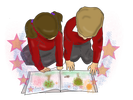
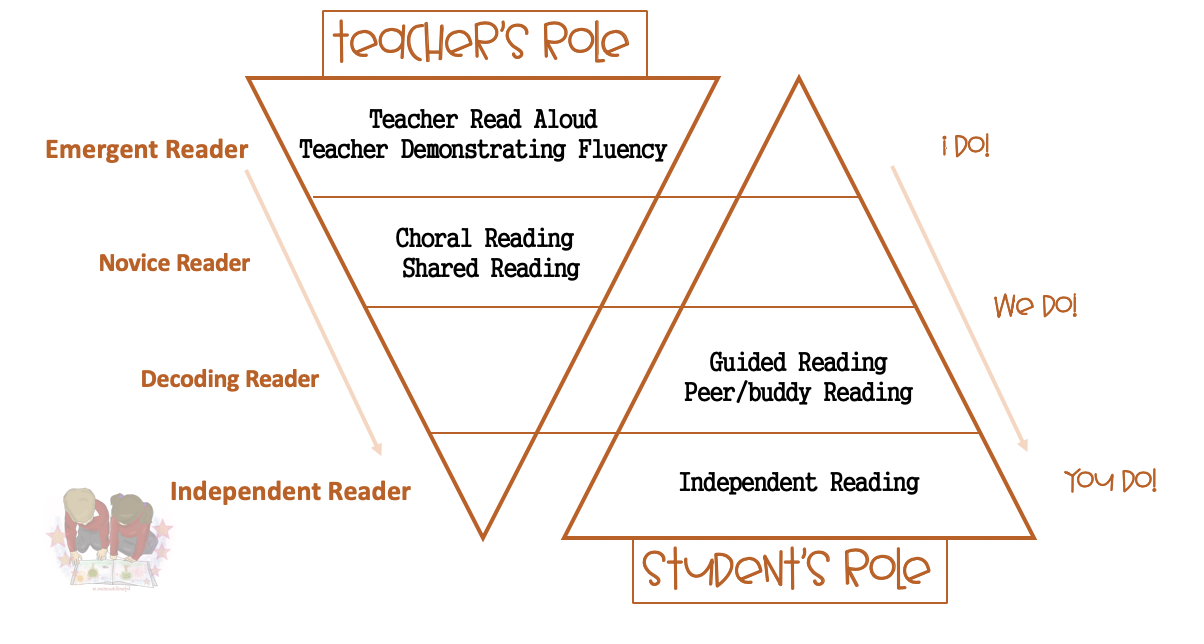
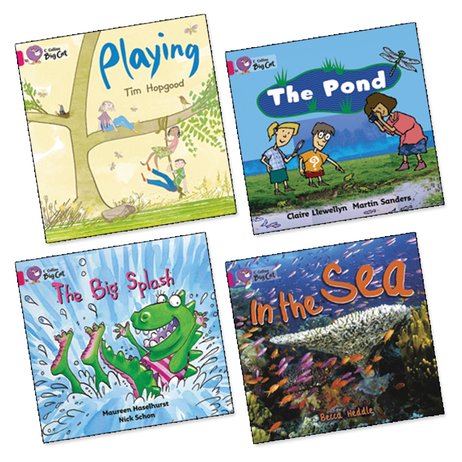
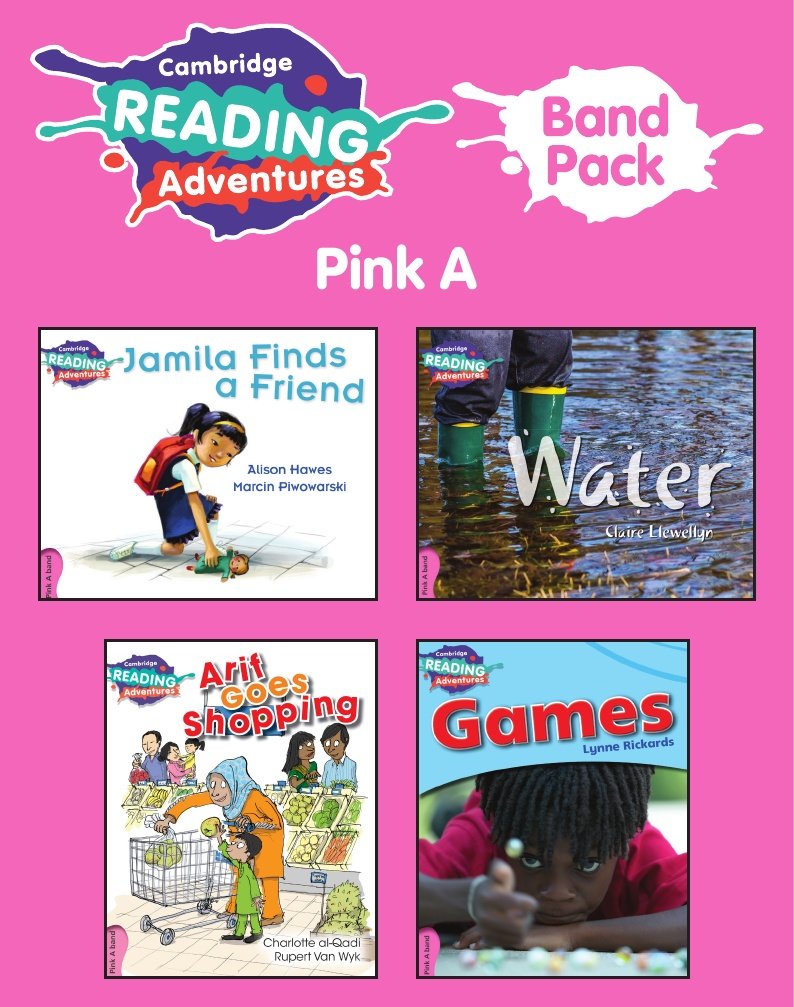
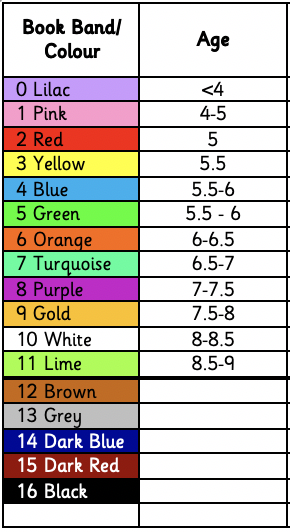
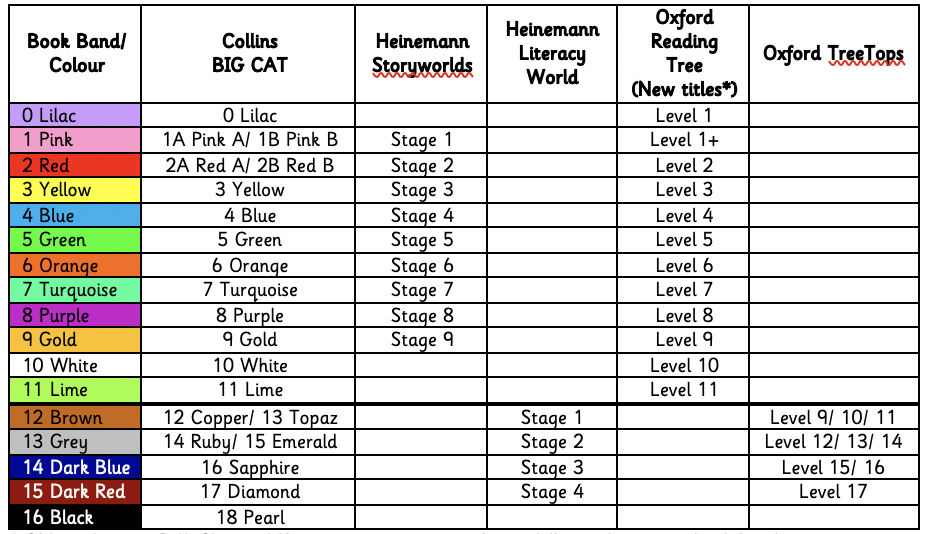
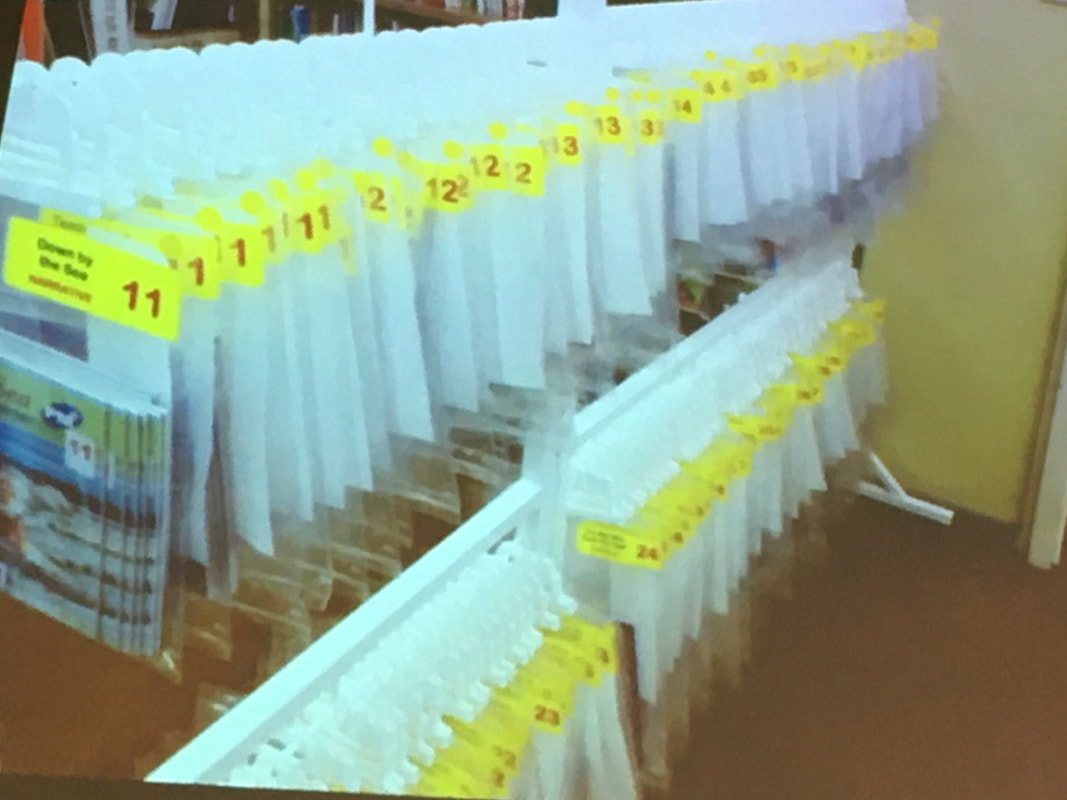
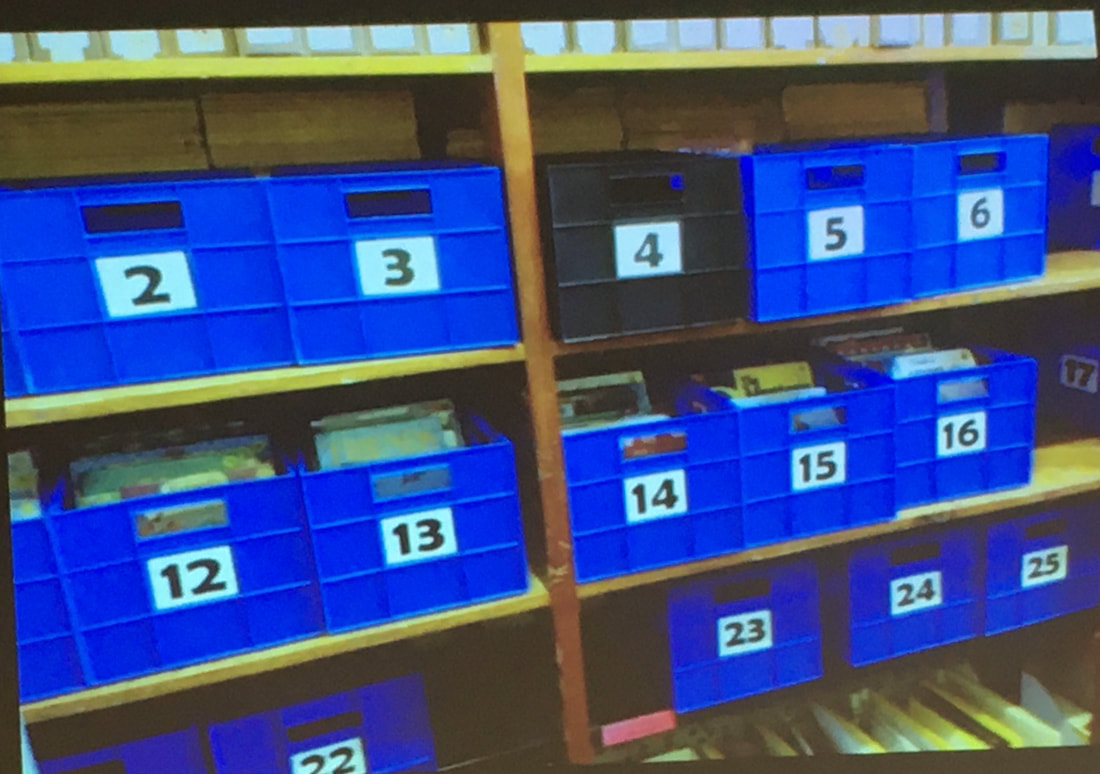
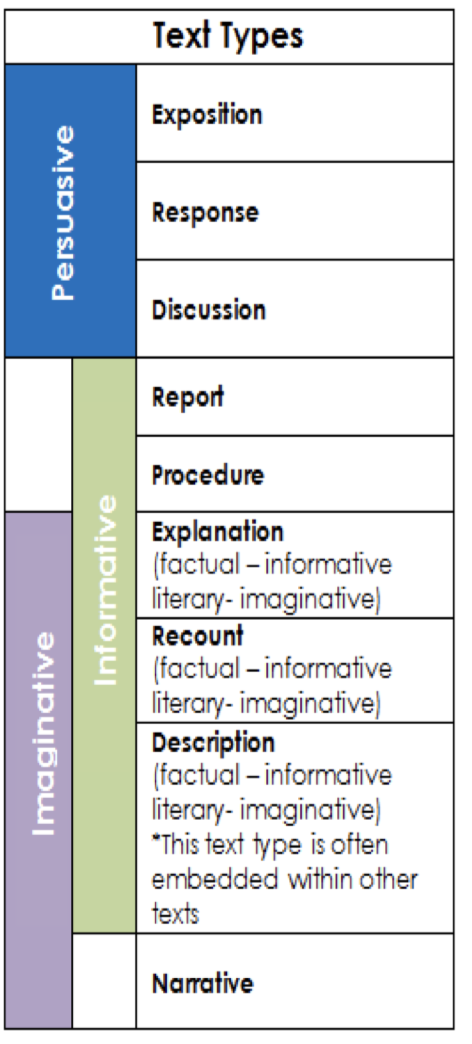
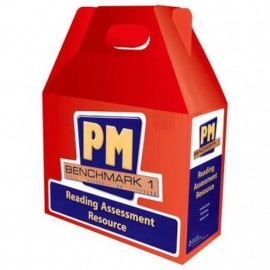
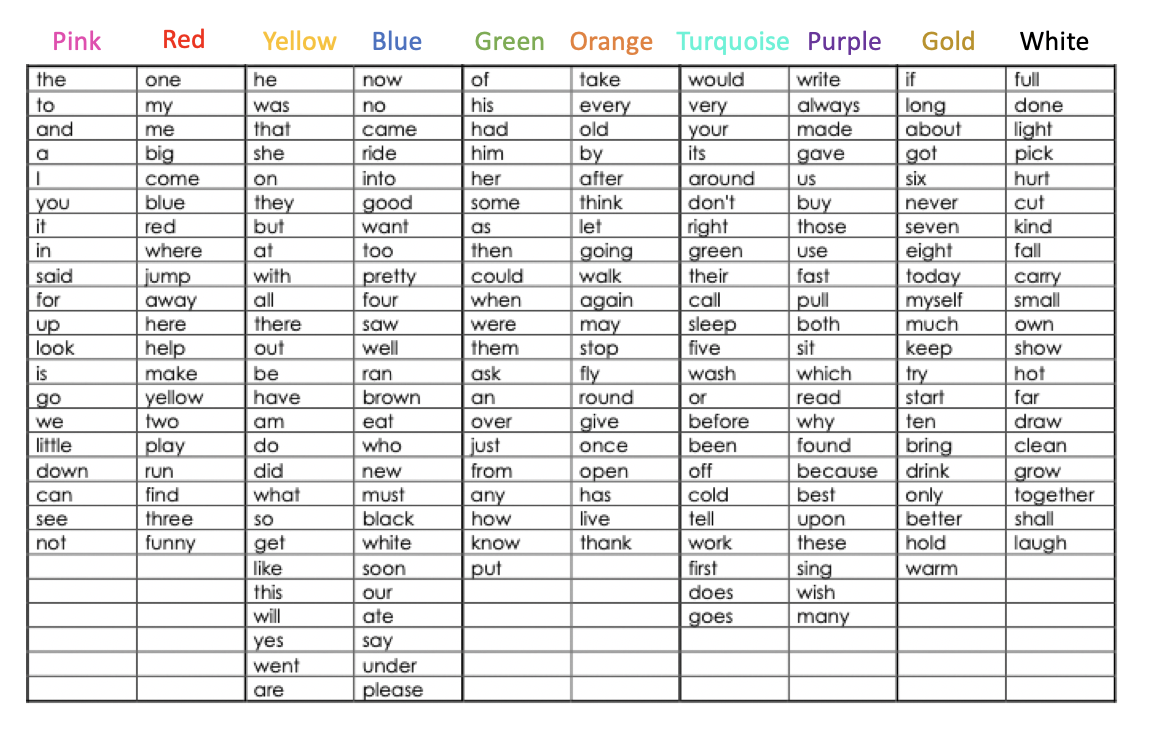
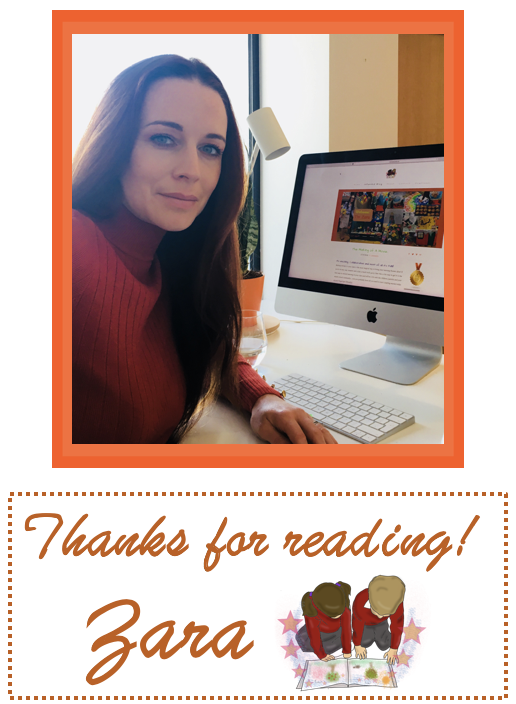

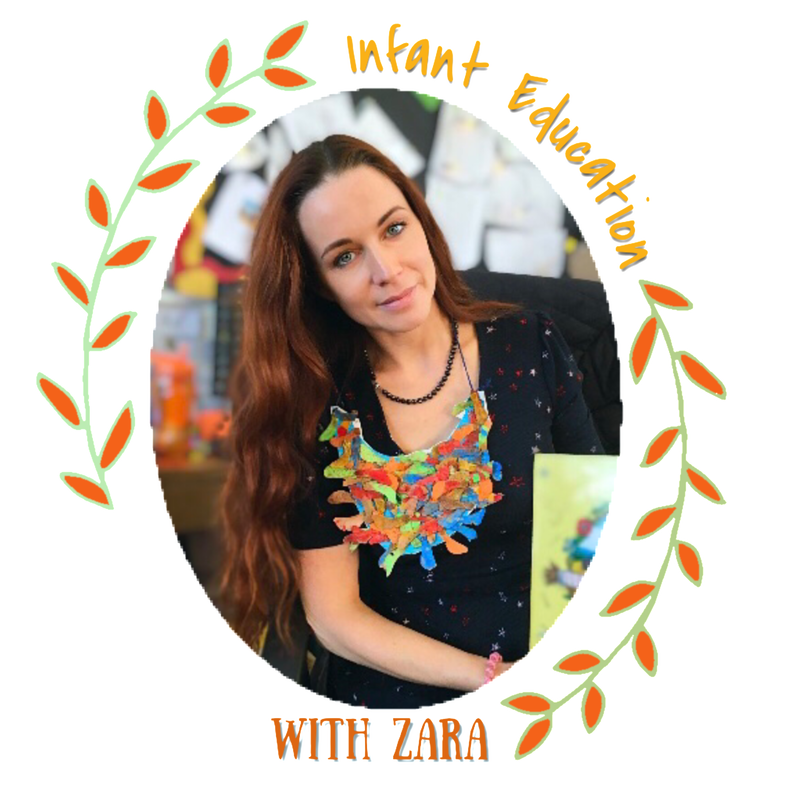
 RSS Feed
RSS Feed